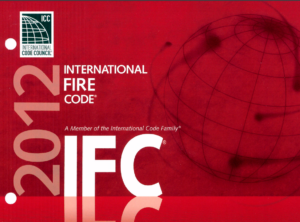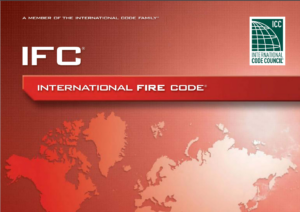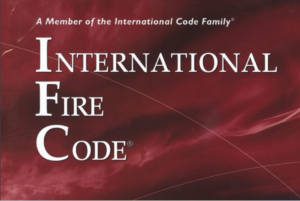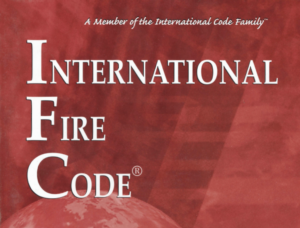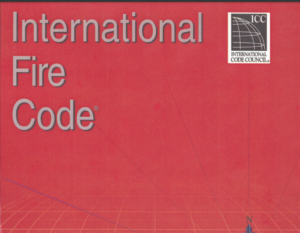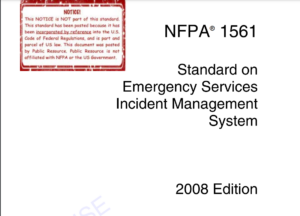The 2011 edition of the NFPA 25, “Standard for the Inspection, Testing, and Maintenance of Water-Based Fire Protection Systems,” serves as a comprehensive guideline to ensure the functional reliability of fire protection systems utilizing water. Prepared by the Technical Committee on Inspection, Testing, and Maintenance of Water-Based Systems, this standard was officially endorsed at the NFPA Association Technical Meeting in Las Vegas, NV, and was ratified as an American National Standard on August 25, 2010.
This document builds upon previous editions and related NFPA guidelines by integrating and expanding on the inspection, testing, and maintenance procedures necessary to uphold the performance of various fire protection systems including sprinklers, standpipes, fire pumps, and associated storage tanks. It emphasizes the importance of routine evaluations to preempt failures and ensure timely responses in emergencies.
Significant updates in the 2011 edition include revised testing frequencies informed by an expanded database of maintenance records, illustrating a commitment to empirical evaluation and continuous improvement in safety standards. Additionally, this edition introduces two new annexes that provide detailed classifications for required repairs and hazard evaluations, enhancing the ability to prioritize maintenance actions based on system deficiencies.
NFPA 25 also stresses the integration of these standards into regular maintenance schedules, which has shown to substantially benefit the longevity and effectiveness of fire protection systems. By delineating clear procedures for impairment, notification, and restoration, the standard not only ensures compliance with safety regulations but also supports a systematic approach to fire safety management across various facilities.

